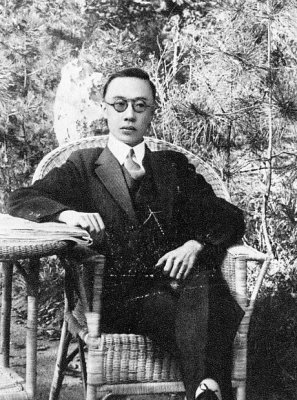End of Qing Dynasty
 The Qing Dynasty ruled China for three centuries, ending with civil disorders and pressures that led to the empire’s crumble and fall into a warlord factionalism that brought instability and economical collapse.
The Qing Dynasty ruled China for three centuries, ending with civil disorders and pressures that led to the empire’s crumble and fall into a warlord factionalism that brought instability and economical collapse.
External Factors
Large European countries started to expand their influence in Asia during the 19th century. Britain managed to take control of Hong Kong and the Opium Wars ended with great humiliation for the Chinese empire that became weak and vulnerable. Peripheral regions were the first ones affected by this political blow and the emperor started to lose control over them.
By 1900, multiple European countries such as Germany, Russia, France, Britain and even Japan intervened and managed to control the trade over the coastal border of China. Military forces were also influenced by this foreign invasion.
Internal Factors
The external pressures caused the emperor to lose grasp over his territories, but the empire started to crumble from within as well. In 1900, the Chinese peasants organized themselves into an anti-foreigner movement that protested against the Europeans and the Qing ruling.
After a while, the Chinese army and the peasants joined forces, but it was not enough to defeat the foreign invasion. At that time, power started to shift away from the emperor to the invading European powers. At the same time, the ruler’s refusal to adopt reform and modernization caused the dynasty to lose the loyalty of its people.
The Final Years
The Qing Dynasty did not want to acknowledge its own defeat. Attempting to hold on to whatever power they had left, the empire ruled for another decade from behind the walls of the what is today known as the Forbidden City. China’s last emperor and last member of the Qing family, a 6-year-old child named Puyi, had to abdicate and give up his throne on February 12, 1912. His demise ended the imperial era which stretched over a period of more than 1000 years.
